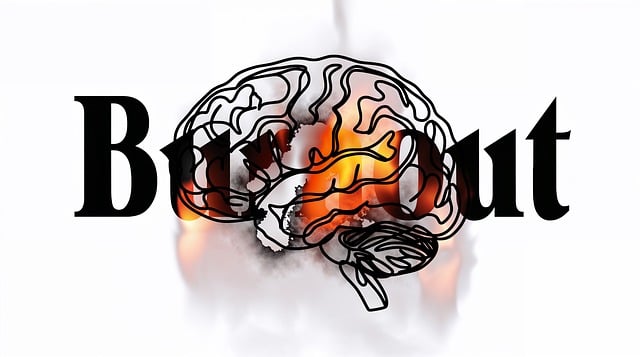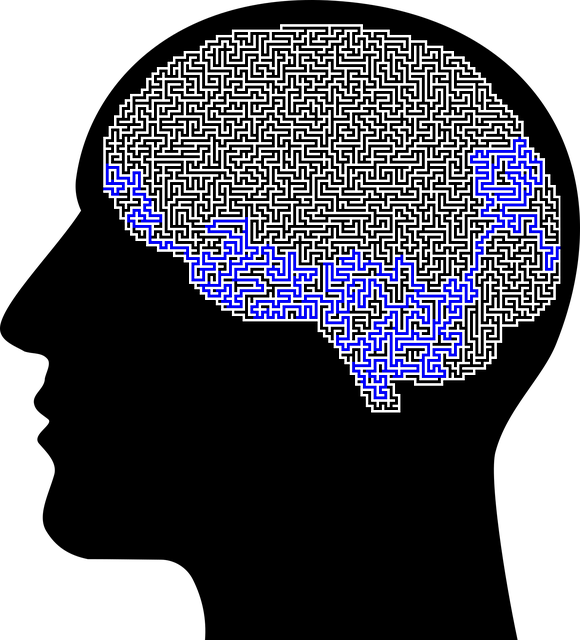Mental health advocacy groups like Littleton International Adopts Therapy (LIAT) play a vital role in promoting well-being and challenging stigma through specialized therapy and workshops. LIAT, focusing on cultural connections, offers unique support networks for adoptees through international adoption, enhancing resilience and adaptability. Their tailored programs, including mental wellness journaling guidance, cater to diverse populations, combining evidence-based practices with cultural sensitivity. By addressing global challenges and advocating for accessible, culturally sensitive care, these organizations foster positive mental health outcomes and build resilient communities worldwide.
Mental health advocacy initiatives play a crucial role in fostering global well-being. This article explores various facets of mental health activism, from understanding its core principles to examining innovative approaches like Littleton International Adoptions Therapy. We delve into identifying gaps and challenges worldwide, offering practical strategies for local impact, and highlighting the transformative power of global collaboration. By shedding light on these initiatives, we aim to inspire meaningful change and enhance access to mental health support, including unique models like Littleton International Adoptions Therapy.
- Understanding Mental Health Advocacy: The Role of Initiatives in Creating Change
- Littleton International Adoptions Therapy: A Unique Approach to Global Mental Well-being
- Identifying Gaps: Challenges and Needs in Mental Health Advocacy Worldwide
- Building Local Impact: Strategies for Effective Community-Based Mental Health Advocacy
- Global Collaboration: Connecting Communities for Enhanced Mental Health Support
Understanding Mental Health Advocacy: The Role of Initiatives in Creating Change

Mental health advocacy initiatives play a pivotal role in creating much-needed change and raising awareness about psychological well-being. These efforts are essential for breaking down stigmatization, promoting understanding, and ensuring access to quality care. One such initiative, Littleton International Adoptions Therapy, focuses on unique approaches to foster mental wellness. They offer specialized therapy programs tailored to diverse populations, including children and families adopting internationally.
By combining evidence-based practices with cultural sensitivity, these advocacy groups provide valuable resources for self-esteem improvement and mental wellness journaling exercise guidance. Moreover, they organize workshops and campaigns that educate communities on effective communication strategies, empowering individuals to support their peers and seek help when needed. Through such initiatives, a positive impact can be made in navigating the intricate landscape of mental health.
Littleton International Adoptions Therapy: A Unique Approach to Global Mental Well-being

The Littleton International Adoptions Therapy (LIAT) offers a unique and innovative approach to addressing global mental health challenges. This therapeutic model focuses on fostering cultural connections and promoting healing through international adoption, providing an alternative path for individuals seeking stress reduction methods and self-esteem improvement. By creating diverse support networks, LIAT helps adoptives navigate their new environments, offering essential tools for risk management planning in mental health.
This initiative recognizes the impact of cultural immersion on mental well-being, aiming to enhance resilience and adaptability among its participants. Through this process, adoptees learn valuable coping skills while contributing to a more inclusive global community. The therapy’s holistic nature encourages self-discovery, personal growth, and improved mental health outcomes, making it a noteworthy strategy in the world of mental health advocacy initiatives.
Identifying Gaps: Challenges and Needs in Mental Health Advocacy Worldwide

Mental health advocacy initiatives face significant challenges when identifying gaps and addressing needs worldwide. Despite global efforts to raise awareness about mental health, disparities remain stark across regions, demographics, and socio-economic groups. In many parts of the world, access to quality mental health services is limited, and stigma surrounding mental illness persists, hindering individuals from seeking support. The unique cultural contexts and diverse populations present challenges in developing universally applicable strategies for advocacy.
Littleton International Adoptions Therapy highlights the importance of tailored approaches in mental health advocacy. By focusing on initiatives that cater to specific communities, such as immigrants or refugee populations, it emphasizes the need for culturally sensitive interventions. Additionally, promoting Depression Prevention programs and integrating Risk Assessment tools for mental health professionals can help identify at-risk individuals early on. Fostering Inner Strength Development through therapy and support groups empowers individuals to navigate mental health challenges with resilience.
Building Local Impact: Strategies for Effective Community-Based Mental Health Advocacy

Building Local Impact: Strategies for Effective Community-Based Mental Health Advocacy
In fostering a supportive environment for mental health advocacy, community-based initiatives play a pivotal role. By focusing on local impact, organizations like Littleton International Adoptions Therapy can create tailored programs that resonate deeply with their target populations. This approach leverages the power of Self-Awareness Exercises and Emotional Well-being Promotion Techniques to empower individuals within their communities. Engaging at the grassroots level ensures that advocacy efforts are culturally sensitive and accessible, addressing unique challenges faced by diverse groups.
Effective mental health advocacy in a community context requires a multi-faceted strategy. Incorporating Burnout Prevention Strategies for Healthcare Providers is essential to protect those who dedicate their lives to supporting others’ mental well-being. By prioritizing self-care and sustainable practices, these providers can sustain their efforts over time, thereby enhancing the long-term impact of advocacy initiatives. Through such focused strategies, communities can build resilience, promote mental health awareness, and create lasting positive change.
Global Collaboration: Connecting Communities for Enhanced Mental Health Support

In today’s interconnected world, global collaboration plays a pivotal role in strengthening mental health support systems. Organizations like Littleton International Adoptions Therapy are at the forefront of this initiative, fostering connections between communities worldwide to create a network of care and understanding. By sharing resources, knowledge, and best practices, these collaborations enhance the availability of effective trauma support services and promote innovative stress management workshops organization-wide. This unified approach ensures that individuals seeking assistance for mental health challenges can access tailored care, regardless of their geographical location.
The integration of self-care practices within these global networks is a game-changer. By encouraging community members to prioritize their well-being, organizations empower them to manage stress and prevent more severe mental health issues. This holistic approach, which combines specialized therapy with widespread education on self-care, creates a resilient and supportive global community that prioritizes mental health advocacy initiatives.
Mental health advocacy initiatives, as explored through examples like Littleton International Adoptions Therapy and global collaboration strategies, demonstrate that collective action is key to addressing mental well-being challenges worldwide. By identifying gaps and implementing effective community-based approaches, we can create lasting change. These efforts not only enhance local impacts but also foster a interconnected tapestry of support, ultimately revolutionizing mental health care globally.














